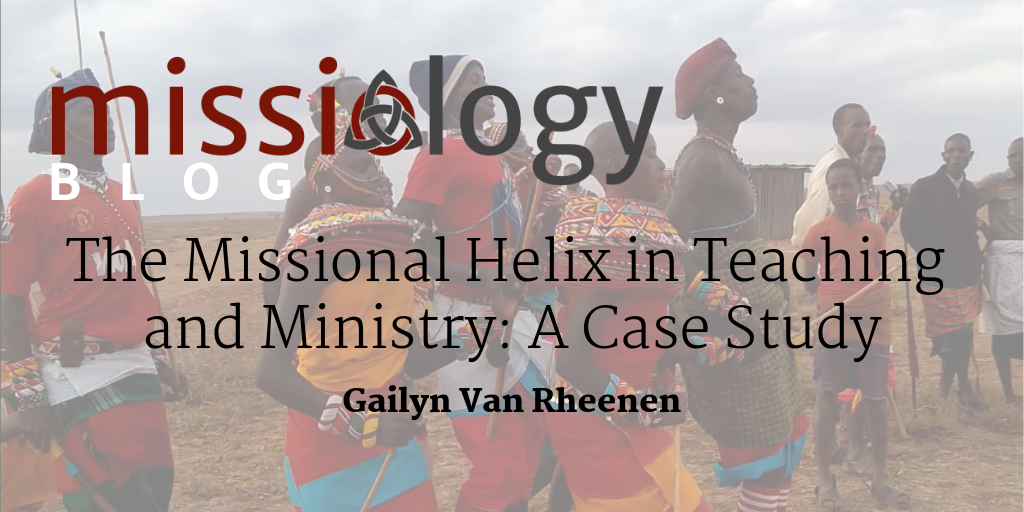
In teaching a seminar or class on Communicating Christ in Animistic Contexts,1 I briefly describe the interrelated sectors of the Missional Helix.2
Because animistic assumptions are typically foreign to those who are from the West or inculcated with Western cultural values, I typically begin this seminar with “Cultural ...
 Blog
Blog
